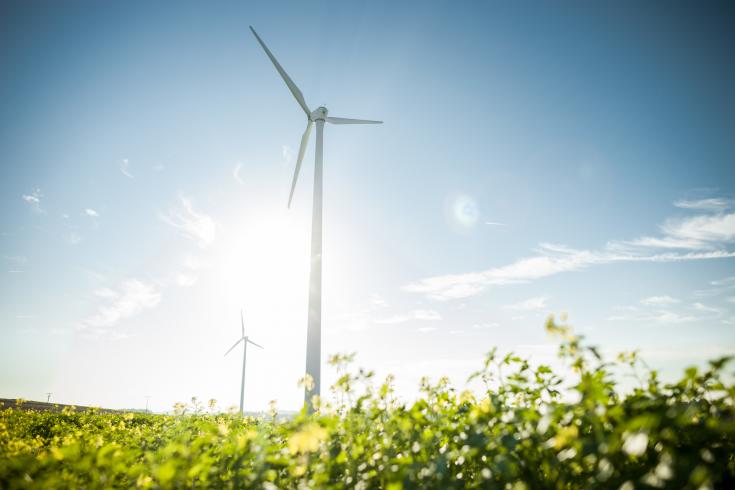EU prepares for possible winter energy disruption
As a result of the war in Ukraine, Europe is having to reconsider its energy security and reliance on imports from Russia, and is preparing for possible energy shortages. Earlier this year the European Commission launched the REPowerEU initiative and the REPowerEU plan to end dependence on Russian fossil fuels. However, in the face of recent reductions in gas flows from Russia, the EU has initiated emergency co-operation between member states to ensure energy security over the coming winter.
Save Gas for a Safer Winter
On 20 July, the Commission proposed a new demand reduction plan, the ‘Save Gas for a Safer Winter’ package, calling for a 15% reduction in gas use across the entire bloc. This would operate from August to March to enable gas reserves to be built up before winter and minimise disruption from potential Russian supply cuts. The proposal was put forward under emergency procedure (Article 122), meaning approval was only needed from the Council of the EU. This was given a week after publication, a record fast adoption.
The package was backed by 26 of 27 member states, who agreed to a voluntary 15% reduction, becoming a mandatory reduction should Russia order a complete shutdown of gas deliveries. To make the deal palatable for as many members as possible, several opt-outs were allowed for countries with less dependence on Russia.
Specifically, countries whose gas grids are not connected to other member states (Ireland, Cyprus and Malta) can request derogations, as can those who have reached gas storage targets. Additionally, the Baltic states which are connected to the Russian electricity grid, can apply for exemption should they need to use gas to generate electricity.
At a national and regional level, authorities will be encouraged to operate campaigns to get households to lower their thermostats by one degree Celsius and reduce heating of public buildings and commercial buildings to 19 degrees.
Update to State Aid Rules
To speed up the transition to sustainable energy sources, the European Commission also announced on 20 July that member states will be able to provide higher subsidies for renewable energy and industrial decarbonisation projects, under revised State Aid rules. This comes as an update to the Temporary Crisis Framework which was established in March so Member States could support the economy after Russian’s invasion.
Under the new framework, member states can set up schemes for investment in renewable energy projects if they are approved by June 2023 and are operational within two years, or 30 months for green hydrogen and offshore wind. For industry, member states can support investments to support electrification, energy efficiency and the transition to green hydrogen. States can do this via new tender-based schemes or via direct investments as a percentage of total cost.
For more information, see the European Commission’s press releases on the Save Gas for a Safer Winter package, and the Revision to the Temporary Crisis Framework
